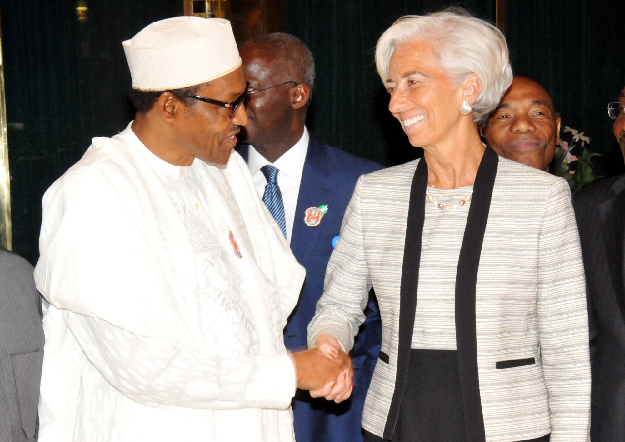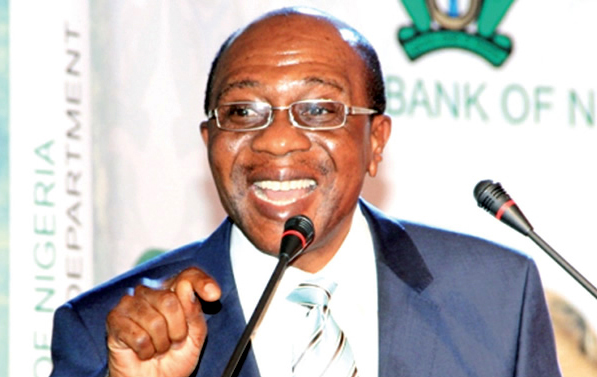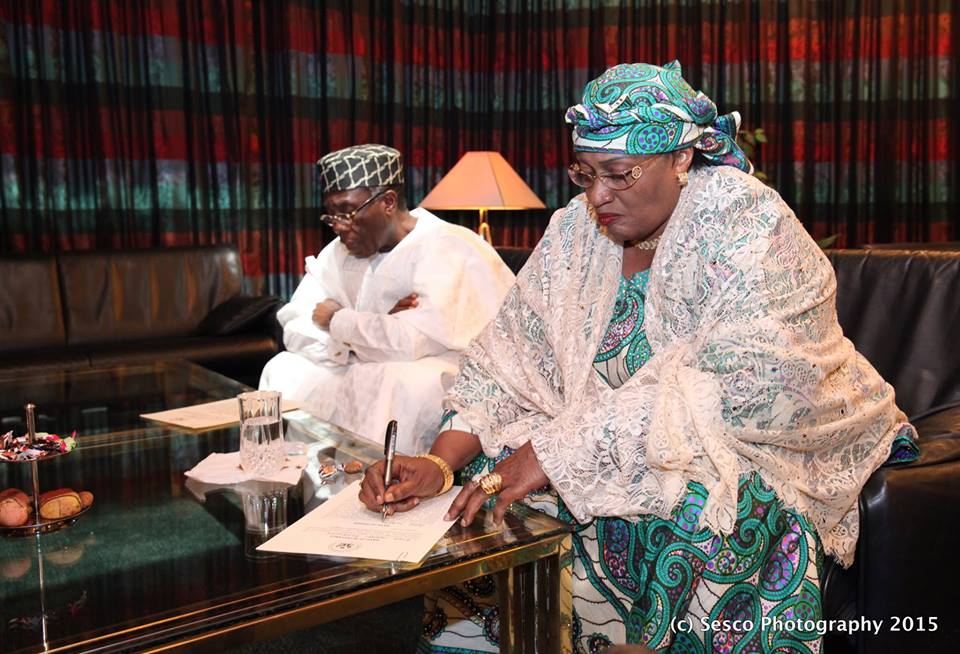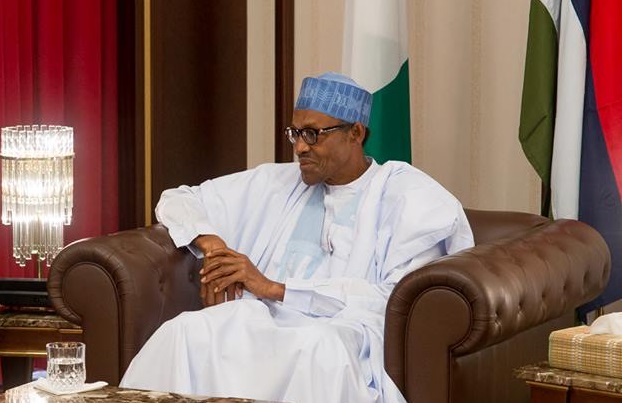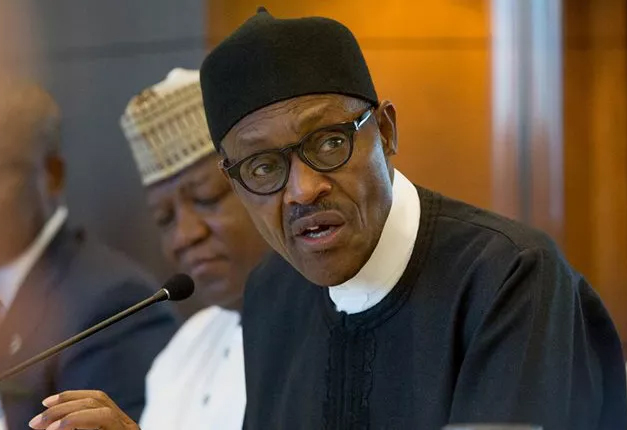The visit of the managing director of the International Monetary Fund (IMF), Christine Lagarde, to Nigeria last week sparked a lot of reactions. Obviously, most of these responses were unfavourable and filled with cynicism over the perceived intentions of the head of the famous global financial institution in the country.
Such reactions are not unexpected. And that is because the IMF has huge perception deficits in Africa. The loans, and the attached conditions, that the IMF has offered to African countries in times past are believed to have contributed immensely to the state of underdevelopment ever so prevalent on the continent. Therefore, like victims of unfortunate circumstances in previous times, Africans are usually paranoid when hinted about the manoeuvring of the financial giant around their corridors even before any actual movement is made. After all, twice bitten, twice shy.
Nigerians, in particular, have become really pessimistic and repulsive of such foreign visitors. And the positions of many Nigerians are well justified given the IMF’s antecedents.
At such a time when the country is faced with revenue challenges following the sharp fall in global oil prices, continuous drop in the value of the Naira and the socio-economic implications of the unrelenting insurgency, the emergence of any international interventionist would seem inevitable. And there is the fact that President Buhari has presented a huge budget proposal to help in delivering his lofty programmes of change with an evidently lean national treasury and indications to borrow to execute the programmes. The likelihood of an international lender swiftly coming to talk about some form of financial assistance and fiscal rescue mission is very high. And that’s the reason why many Nigerians have treated the coming of the IMF chief to Nigeria “for talks” with Mr. President with doubts and disdain.
Advertisement
But against the general views, and surprisingly so, Ms. Lagarde took a path less travelled with African governments. She demonstrated to Mr. President, top governments officials, captains of industry and including leaders of the civil societies that she actually came to offer invaluable advise that will help in strengthening Nigeria’s economy and governance and not to discuss some luscious loans that will further burden the government and its people like in the past. So, as Lagarde has put the minds of the people at rest by establishing that she was in town for partnership talks and not the usual paternalistic discussion, the government and its people should now situate some of her thoughts and admonitions during the visit in good perspectives so as to better drive the objectives of the new government for the betterment of all.
Of course, Lagarde may not have delivered some homilies that we have not heard before, or sounded some development tunes that are unfamiliar with our ears. It is just that our ways of conducting affairs are strangely peculiar in Nigeria. Often, especially on several issues of national importance, we usually wait for foreign impulse before responding to domestic emergencies, an appalling approach that is gradually becoming an acceptable norm in several aspects of our national life.
Remember the Chibok girls? It took the visit of a 17-year old Pakistani child education rights activist to Nigeria in July 2014 for the Nigerian government to muster more zeal and vigour to search for the missing Chibok girls. Unfortunately, the Chibok girls who were abducted by the devilish Boko Haram since April 2014 are still nowhere to be found till date. And the Bring Back Our Girls group whose campaign for the release of the girls captured the attention of the world has also gone to sleep since several global celebrities and notable figures have turned their attention on other pressing global affairs.
Advertisement
However, we can hope that since the IMF boss has shared her thoughts concerning pressing economic issues amongst other things, the appropriate authorities will sit up and do the needful.
The IMF chief’s prescriptions include a broadening of the country’s revenue base by increasing the value added tax (VAT) paid for goods and services which, according to her, is among the lowest in the word, and by promoting compliance and enhancing the efficiency of revenue collection.
She also advised the Nigerian government to exercise caution in borrowing and, more importantly, she stated that the country does not need the intervention of the international body.
She then lent her voice to the call for the elimination of fuel subsidy. Giving credence to what we already know, she said the IMF’s research show that subsidy schemes in developing countries favoured only 20 per cent of the richest households while only seven per cent of the poorest benefit from the scheme.
Advertisement
Attributing the continual fall in oil prices to increased oil production by more countries, she reminded us not to place hopes on a reversal in that trend in the current year. And then she made some passing comments about Nigerian banks and their plight in the current economic situation.
Like I noted earlier, none of the things she said is entirely news to us except, maybe, the increase in VAT which may not sit well with many in the light of the hardship that Nigerians are already having to put up with. But then one can hope Lagarde’s visit will have the same effect on today’s government as Malala’s visit had on Jonathan’s administration and the quest for the Chibok girls.
Views expressed by contributors are strictly personal and not of TheCable.
Add a comment

